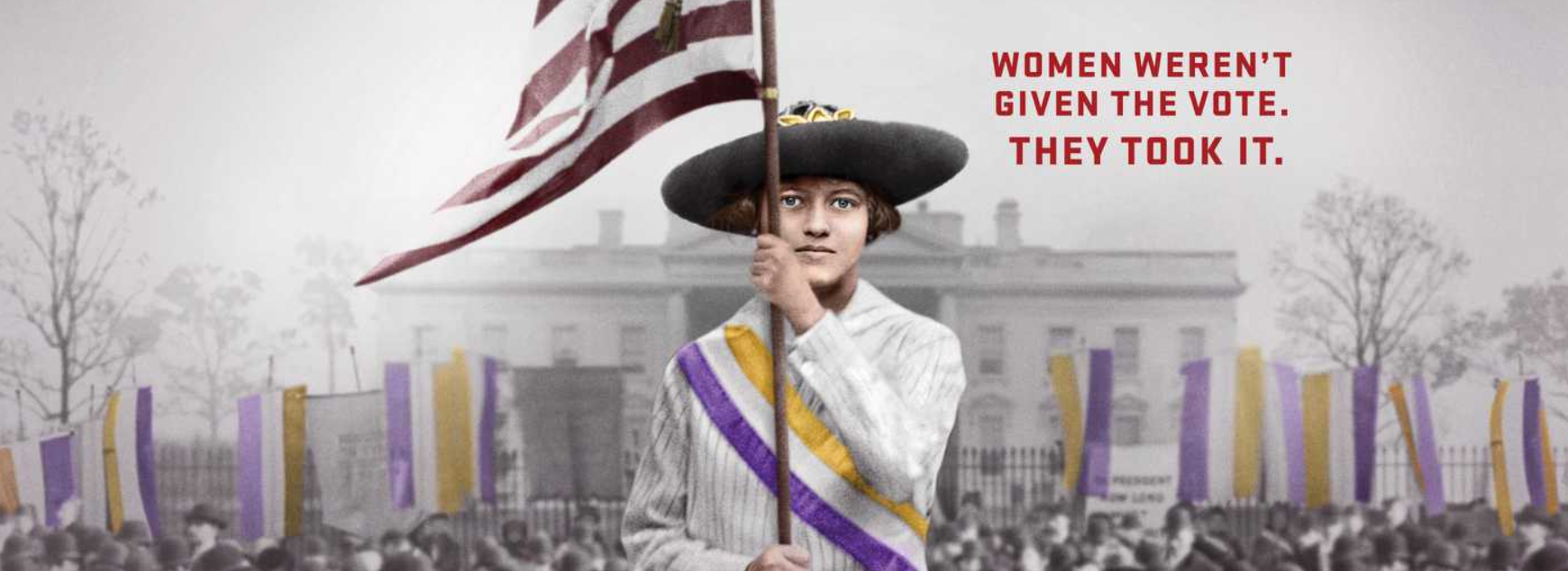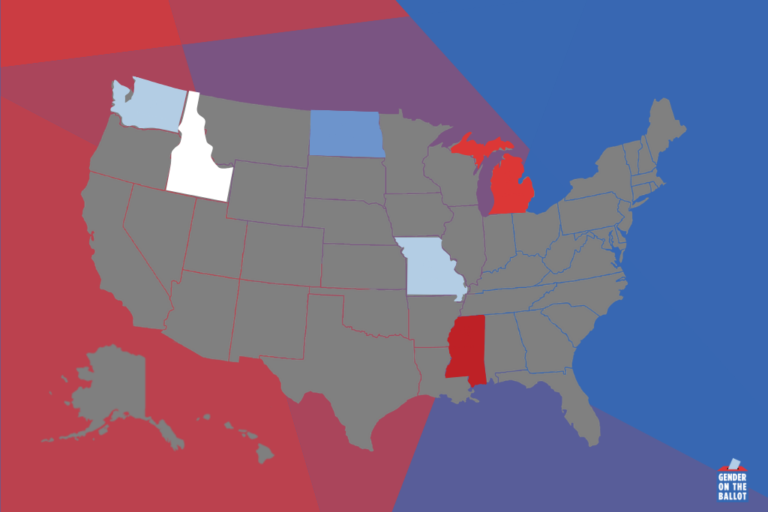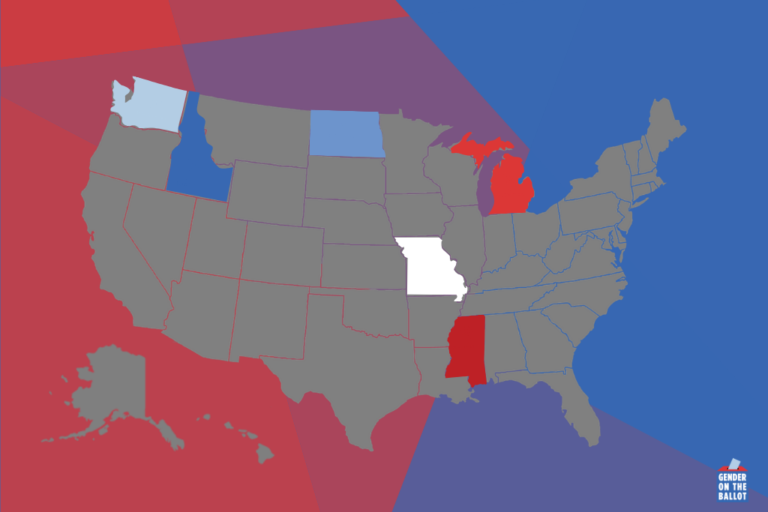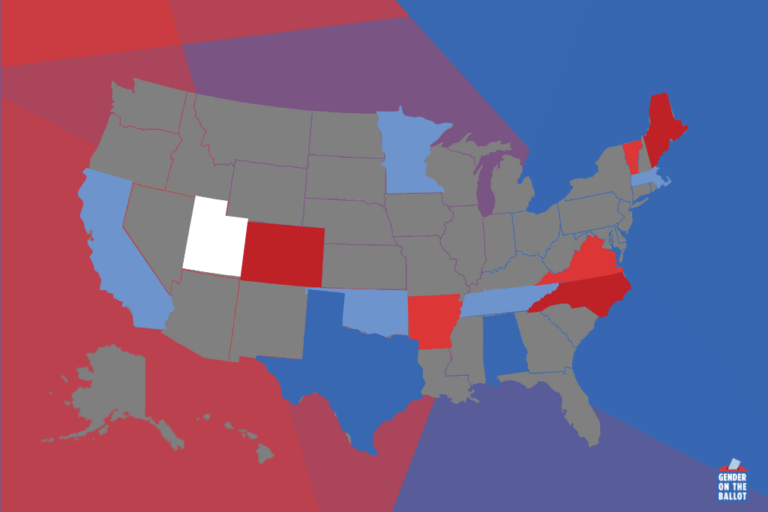Idaho Democrats voted in a presidential primary system this year after holding party caucuses…
The Vote: Getting It and Keeping It, Expanding It

There was never a time when women weren’t advocating for agency in American politics. Whether it was Abigail Adams exhorting her husband to “Remember the ladies” as the Colonies became an autonomous nation, or women in New Jersey, New York and Connecticut retaining voting rights into the late 1700’s, or building networks and influence through clubs, churches and causes such as abolition and temperance, women forged a public presence in a culture that relegated them to the private sphere. By the time of the 1848 Seneca Falls Convention, women had been long advocating for their rights and those of others. The same is true after 1920 when Jim Crow laws prevented most African Americans – male and female – from voting until passage of the Voting Rights Act of 1965.
The Vote, broadcast on The American Experience/PBS is inspiring, well-researched, crisply and creatively presented and a fearless account of the suffrage movement from 1848 until the ratification of the 19th Amendment in 1920.
By fearless, I mean that in addition to showing the brilliant advocacy and transcendent vision of suffragists, The Vote doesn’t shy away from the conflicts in the movement, between and among leaders, tactics, opponents, class, race, culture and politics. Should suffragists seek state by state enfranchisement or a national policy solution? Partner with the temperance movement or go it alone? Advocate for local or partial suffrage? Tolerate or even embrace racism? Lobby politely or disrupt gender stereotypes and the status quo?
By fearless, I also mean that The Vote does not ignore the racism present in the movement. Finally, it doesn’t sugarcoat the back-breaking work and personal and professional jeopardy that often accompanied a commitment to the goal.
We can we learn from the suffrage movement. Suffragists were in it together. Why? Because they were connected by events and despite disparate circumstances and perspectives, had a shared experience. Further, in order to be successful, they needed not only the people who agreed with them, but those who did not, men as well as women, all races and ethnicities, large and small donors and the tortured web of traditional and disruptive tactics at the local, state and national levels that pushed the 19th Amendment across the finish line.
100 years after the ratification of the 19th amendment, much has changed and women continue to advocate. Our current context includes a record number of women state legislators, a record number of women in Congress, a record number running for Congress (including a record number of Republican women), women governors and mayors of key states and cities impacted by the pandemic, and a burgeoning racial justice movement. Women’s voices are a vital part of this process and they will be heard.







